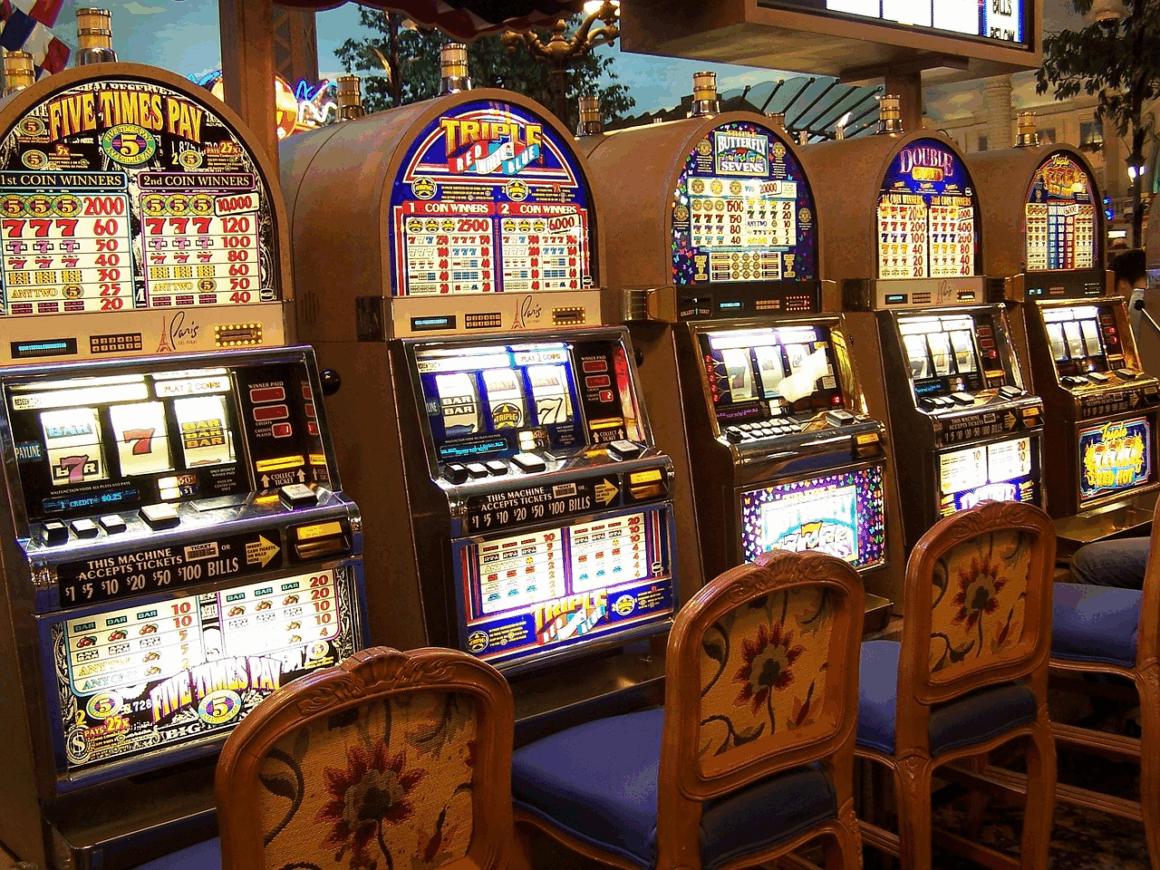Lebanon, a country long known for its cultural diversity and resilient spirit, has taken a distinctive approach to managing one of the world’s most complex industries — gambling. Rather than imposing centralized state control, the Lebanese government has adopted a decentralized model, handing over much of the oversight and regulatory power to provincial and local authorities.
In a region where gambling is often viewed through the lens of moral and religious restrictions, Lebanon’s pragmatic stance has made it a rare case study in balanced governance, blending cultural sensitivity with economic opportunity.
A History of Controlled Liberalism
Lebanon’s relationship with gambling stretches back more than seven decades. In 1959, the country became home to Casino du Liban, one of the Middle East’s first and most iconic gaming establishments. Located just north of Beirut, the casino was built as a symbol of modernity and openness, attracting international tourists and celebrities during the golden age of Lebanese hospitality.
However, Lebanon’s complex religious and political composition — with its mosaic of sectarian communities and regional administrations — made a single, centralized gambling policy difficult to sustain. Over time, the government began allowing local jurisdictions to influence or administer gambling activities in their territories, giving rise to a system of provincial oversight that persists today.
The Shift Toward Decentralized Oversight
The decision to decentralize gambling oversight was driven by both practical and political considerations. With a fragile central government and frequent changes in leadership, granting provinces a greater role in regulation offered flexibility and stability.
Under this structure, Lebanon’s national Ministry of Finance retains the authority to issue primary licenses, but provincial and municipal governments manage the implementation and monitoring of gambling operations within their borders. This includes oversight of gaming halls, lotteries, and small-scale betting facilities.
The result is a multi-tiered governance model where national law provides the framework, but local authorities adapt regulations to suit their regional social norms, economic priorities, and community expectations.
Economic Motivation and Local Empowerment
The decentralized system has allowed Lebanon to capture the economic benefits of gambling while mitigating public backlash. Local governments can decide the extent and nature of gaming activity they wish to permit, enabling them to attract investment and tourism on their own terms.
This flexibility has proven particularly valuable in regions seeking to diversify their economies amid Lebanon’s ongoing financial crisis. Taxes and fees collected from local gaming establishments help fund public services, municipal projects, and cultural initiatives.
In Mount Lebanon and parts of the Bekaa Valley, provincial councils have even partnered with private investors to develop entertainment zones that combine casinos, resorts, and performance venues — a strategy designed to generate jobs and attract visitors without overreliance on Beirut’s metropolitan economy.

Balancing Tradition and Modernity
Lebanon’s decentralized approach also reflects its effort to balance modern economic realities with traditional values. While some provinces allow regulated gaming to support economic growth, others restrict or prohibit gambling altogether based on community sentiment and religious influence.
This flexible framework respects local autonomy and cultural diversity — critical in a country with 18 officially recognized religious groups. It also helps prevent social tension by allowing each region to determine its own comfort level with gambling activities.
Moreover, decentralization encourages accountability and responsiveness. Local authorities, being closer to their constituents, can address issues such as addiction, underage gambling, or fraud more swiftly than a distant central bureaucracy might. In this sense, regulation becomes not just a policy but a localized social contract.
The Role of Casino du Liban and National Oversight
Despite the regionalization of gambling regulation, Casino du Liban remains the flagship of the country’s gaming industry and operates under national supervision. Its revenues contribute significantly to the government’s treasury, serving as both an economic engine and a benchmark for ethical gaming standards.
To ensure integrity and prevent corruption, the casino slot is jointly managed by a public-private partnership structure — the state retains a majority share while private investors handle operations under close supervision. This model exemplifies Lebanon’s attempt to combine economic liberalism with administrative discipline.
National agencies still play a vital role in ensuring compliance with anti-money laundering (AML) laws and international financial regulations. Coordination between provincial authorities and national regulators helps Lebanon maintain credibility with global partners and investors.
Challenges of a Fragmented System
While decentralization has many advantages, it also presents challenges. Inconsistent policies across provinces can create regulatory disparities, leading some regions to become more permissive than others. This variation may encourage “regulatory tourism,” where operators seek more lenient jurisdictions within the same country.
Additionally, limited resources at the local level can hinder effective enforcement, increasing the risk of unlicensed or underground gaming activities. To counter this, the government has been working on establishing inter-provincial coordination councils, designed to harmonize licensing standards and share best practices between regions.
Economic volatility and political instability have also strained the system. Yet, despite these difficulties, Lebanon’s decentralized framework continues to function — a testament to its adaptability and resilience.
A Lesson in Pragmatic Governance
Lebanon’s experiment with decentralized gambling regulation offers an important lesson for nations navigating complex cultural, economic, and political landscapes. By empowering provinces to manage their own gambling policies, the government has managed to maintain social balance while still generating much-needed revenue.
This model underscores the principle that effective governance does not always require absolute central control. Sometimes, distributing authority can lead to more responsive, inclusive, and context-sensitive policymaking.
Conclusion
In a region often defined by prohibition and centralized authority, Lebanon stands out for its nuanced and decentralized approach to gambling regulation. By entrusting provincial governments with oversight powers, it has created a system that accommodates diversity, promotes accountability, and fosters economic opportunity.
The Lebanese model shows that decentralization can be a strength, not a weakness — especially when dealing with industries as complex and sensitive as gambling. In doing so, Lebanon has not only preserved its cultural integrity but also demonstrated that thoughtful governance can turn a potentially divisive issue into a framework for national cooperation and progress.



